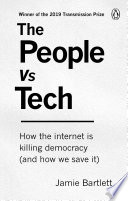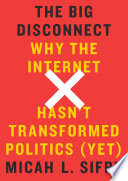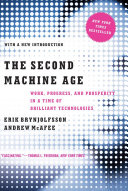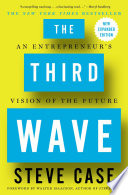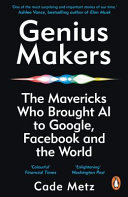Summary
In 'The People Vs Tech,' the author delves into the complex relationship between technology and society, highlighting both the benefits and challenges posed by rapid technological advancement. The book begins by tracing the rise of technology and its profound impact on daily life, illustrating how it has transformed communication, work, and social interactions. While acknowledging the advantages of increased connectivity and access to information, the author warns against the potential dangers of technology, particularly in terms of privacy and personal agency.
One of the central themes of the book is surveillance capitalism, a term that describes the commodification of personal data by tech companies. The author argues that this practice not only undermines individual privacy but also leads to manipulation, as corporations use data to predict and influence behavior. This erosion of privacy is a significant concern, as individuals often remain unaware of how their data is being used and the implications it has on their lives.
The book also tackles the erosion of democracy in the digital age, particularly through the lens of social media. The author discusses how platforms designed for connection can also spread misinformation and polarize opinions, ultimately undermining trust in democratic institutions. Through various case studies, the book illustrates the urgent need for transparency and accountability in tech to protect democratic processes and civic engagement.
Digital literacy is presented as a crucial skill for individuals in navigating the complexities of the digital landscape. The author emphasizes that being digitally literate involves not only knowing how to use technology but also critically assessing the information consumed and understanding the broader implications of technology on society. The call for educational reforms that prioritize digital literacy is a significant aspect of the book, as it aims to empower individuals to make informed decisions about their digital lives.
Regulation and policy-making in the tech industry are also critical themes in the book. The author argues that effective regulation is necessary to address issues like data privacy and ethical use of AI, as the rapid pace of technological advancement often outstrips regulatory frameworks. A collaborative approach between governments, tech companies, and civil society is advocated to create policies that protect individuals while fostering innovation.
The impact of automation and artificial intelligence on the workforce is another vital topic discussed in the book. The author examines the challenges of job displacement and the need for new skills in the face of technological advancements. Proactive measures, including reskilling initiatives, are emphasized as essential for preparing the workforce for the future of work, ensuring that opportunities remain inclusive and accessible.
Finally, the book concludes with a call to empower individuals and communities to take control of their digital lives. The author stresses the importance of collective action in advocating for digital rights and ethical tech practices, encouraging grassroots movements and community initiatives that promote awareness and engagement. Ultimately, 'The People Vs Tech' serves as a crucial reminder of the need for a balanced approach to technology—one that prioritizes the well-being of individuals and society as a whole, ensuring that technology serves the people rather than the other way around.
